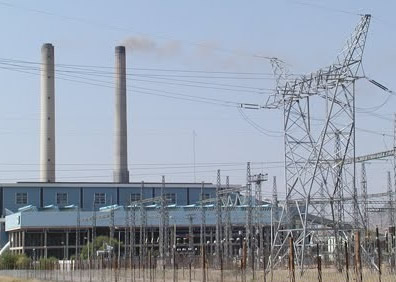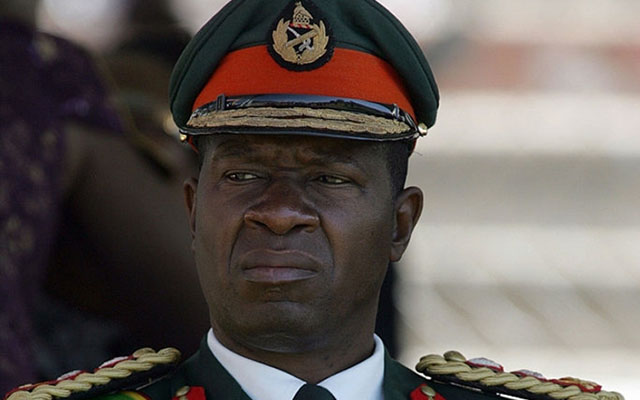Sadc power generation up

Sifelani Tsiko Senior Writer
The improved performance of power generating units, coupled with additional capacity from the region’s newly built projects has resulted in a stable power supply system with a surplus not seen before, a senior SADC official has said. Addressing delegates at a SADC Industrialisation Week event held this week in South Africa, transport senior programme officer at the SADC secretariat Ms Mapolao Mokoena said the region had an installed generation capacity of 59 539MW and an operating capacity of 54 397MW against a demand and reserve of 53 478MW in the first quarter of the year.
“The economic downturn and stable operations led to low peak demand compared with 2015/16,” she said. “Therefore, when taking into account the current peak demand and generation capacity reserve margins, the mainland member States have excess capacity of 919MW.
“SADC is now experiencing excess electricity capacity due to improved performance of some power units in the region, as well as additional power supplies coming from new projects. We now have an excess of 919MW in terms of power generation for the region.”
SADC is aiming at adding 30 646MW of new electricity generation capacity by 2022, as the region ramps up efforts to implement its energy programme.
The region is on target to attain electricity self–sufficiency by 2022, according to latest Southern African Power Pool (SAPP) figures.
The regional energy body says SADC has realised the surplus five years ahead of the initial SAPP target.
Last year, a new generation capacity of 4 180MW was attained against a 3 757MW projection, as new power projects were commissioned while older ones were rehabilitated.
This year alone, SAPP says mainland member States are planning to commission more than 7 000MW of new generation capacity, in a move that SADC Today, a regional publication, says will further strengthen the region’s energy security.
Inter-connector projects between Mozambique and Malawi, as well as another between Namibian and Angola were also expected to further boost the region’s power capacity.
“We need to address lack of coordination at the government level first to speed up the implementation of our region’s energy projects,” Ms Mokoena said.
“We also need to come up with bankable projects that are attractive to investors and financiers.”










Comments